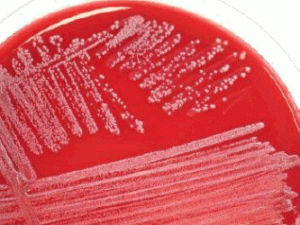In China, resistant bacteria from molecular biology experiments are turning up in rivers and streams. Molecular biologists use different resistant strains in order to clone bacteria and produce different proteins. In the US, academic and industrial labs have implemented steps to prevent these resistant genes from being introduced into our environment. China, it appears, still has a ways to go before they get a handle on this. From C&EN:
But because this technique is still commonly used in molecular biology labs, some researchers have been concerned that these experiments could release resistance genes into the environment. To search for antibiotic-resistance genes introduced by synthetic plasmids, Jun-Wen Li at the Institute of Health and Environmental Medicine, in Tianjin, China, and his colleagues took water samples from six Chinese rivers downstream of densely populated cities. They extracted plasmids from the samples and transferred the DNA into Escherichia coli. Then they screened the bacteria for a gene commonly used in academic and industrial labs that confers resistance to the antibiotic ampicillin. To determine if a gene in a sample came from a manmade source, they used polymerase chain reaction to look for sequences unique to several synthetic plasmids.
The researchers found synthetic resistance genes in all six rivers. Of all of the ampicillin-resistance plasmids they found in the rivers, about 27% had the synthetic vector-sourced gene.
More here.

Comments are closed.